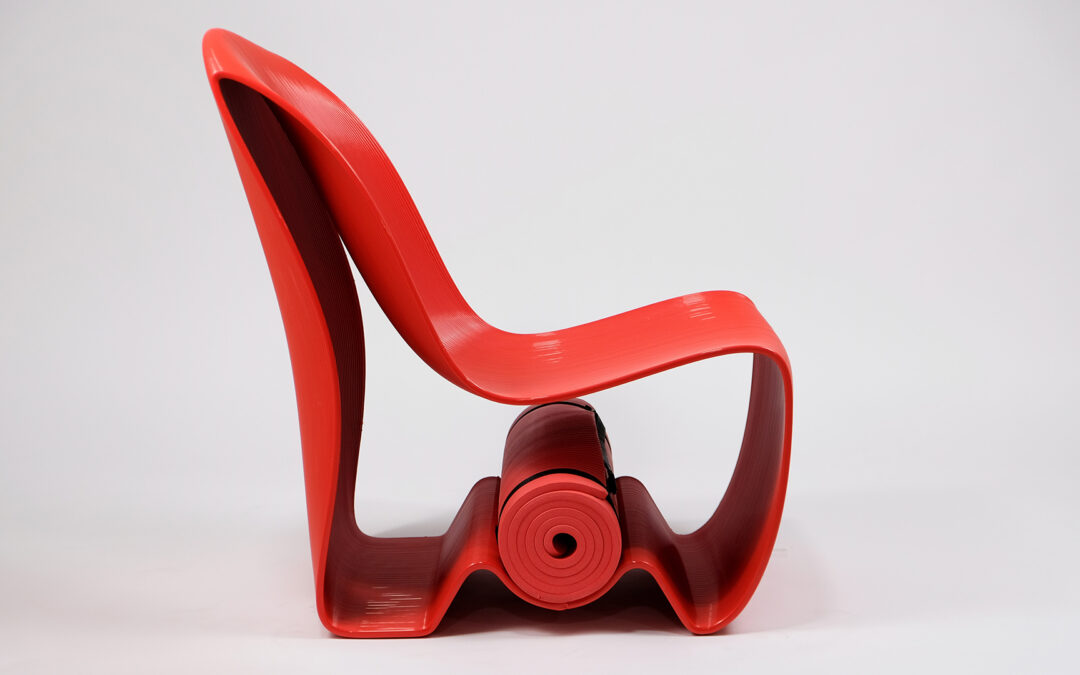In the future imagined by Feng Ju, interior designers will have artificial intelligence, or AI, tools to create everything from French provincial furniture to mid-century modern magic with a few keystrokes.
In the future imagined by Haddy, new décor won’t require new materials.
Ju, program chair of the highly ranked industrial engineering program in the School of Computing and Augmented Intelligence, part of the Ira A. Fulton Schools of Engineering at Arizona State University, is working with the team at Haddy, as well as with researchers at Oak Ridge National Laboratory and the University of Tennessee, Knoxville, to create artificial intelligence, or AI, tools and algorithms that make 3D printing faster, more sustainable and provide more accessible creative tools for designers and engineers.
The researchers have been studying large-format additive manufacturing, a term that refers to the 3D printing of industrial objects as large as boats and vehicles. Haddy is a successful furniture startup headquartered in St. Petersburg, Florida, where engineers are working collaboratively with interior designers to 3D print unique, customizable furnishings for their clients.
Haddy has teamed with academic partners to both improve their current manufacturing processes and develop innovative solutions for the future. Together, they have been busy conducting research in two areas. First, the team is creating AI tools that will enable 3D printers to work as quickly as possible without decreasing quality or increasing waste.
Then, they will develop a new AI platform — a kind of ChatGPT for industrial engineers — that will allow furniture designers to 3D print new designs by typing their ideas into a prompt. The technology, funded by the U.S. Department of Energy and the Manufacturing, Automation and Data Engineering Science and Technology Center at ASU, promises to help designers deliver truly customized furniture that is as unique as their clients.
Read the full story on Full Circle.
